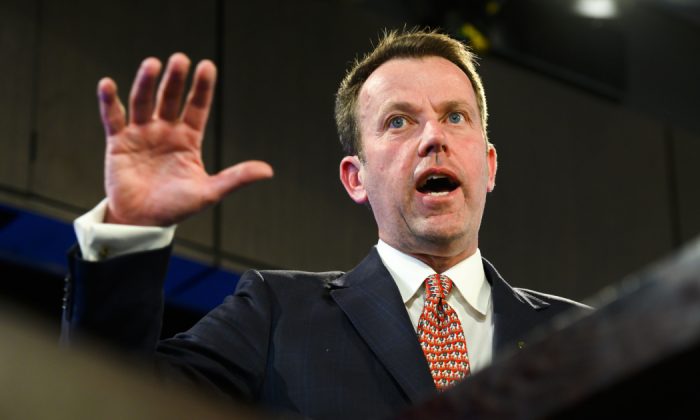Geoff Regan Looks to Keep Role as Speaker of the House of Commons in Canada
Australian universities will have to name their research partners and financial donors under new guidelines released Wednesday to safeguard against foreign interference.
The federal government directive follows concerns about China’s influence in Australia and a 2018 cyberattack on the Australian National University (ANU), which was only revealed in June.
Political ties of research collaborators, the end goal of the research and the objectives of foreign governments will all be scrutinised under the changes.
Universities would also have to review intellectual property rights and whether foreign military organisations might benefit.
The new guidelines were drawn up by universities and intelligence experts from the Department of Home Affairs and the Australian Security Intelligence Organisation.
“These guidelines have been developed for, and in partnership with, the Australian University sector to help manage and engage with risk to deepen resilience against foreign interference in the university sector,” the Department of Education’s website says. “They are designed to build on risk management policies and security practices already implemented by Australian universities, as well as assist decision makers to assess the risks from foreign interference.”
Under the voluntary guidelines, universities will have to consider the “dual-use” of their research.
Earlier this year, University of Queensland researchers were found to be collaborating on facial recognition technology used by the Chinese government to surveil ethnic Uighurs.
The paper detailing the new guidelines does not list any penalties for universities found to be breaching the new rules.
Federal Education Minister Dan Tehan said the guidelines were about due diligence.
“We’ve got to make sure that we continue to adapt, because with the foreign interference threat at unprecedented levels, it will evolve,” Tehan told the ABC on Thursday.
Asked on Sky why the guidelines weren’t compulsory, Tehan said the best approach was a collaborative one.
“If we can get a change of culture on our campuses … that is the best way that we can ensure that we deal with the threat of foreign interference.”
The paper doesn’t specifically name China and Tehan dodged questions on whether it had been responsible for the ANU hack.
The paper says foreign actors may be trying to influence Australian researchers through economic pressure, hacking or recruitment.
But the guidelines aren’t just aimed at staff, with universities asked to remind students of the risks of foreign interference.
Intelligence agencies would also work with universities to help them identify risks and respond.
Universities would also be required to list collaborators on the Foreign Influence Transparency Scheme.
By Finbar O’Mallon
This article is from the Internet:Spotlight on Foreign Interference at Australian Universities
Trump Expected to Delay European Auto Tariff Decision, Say EU Officials
